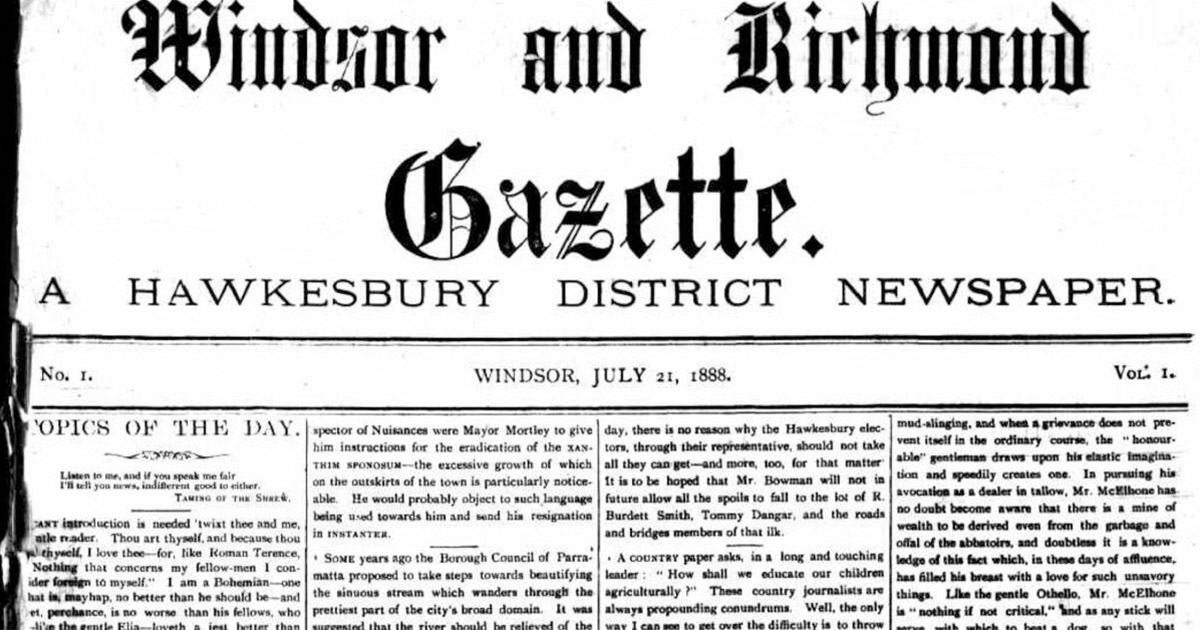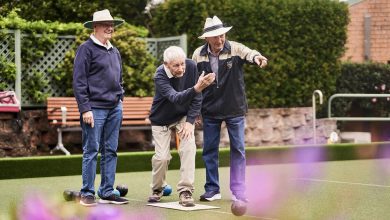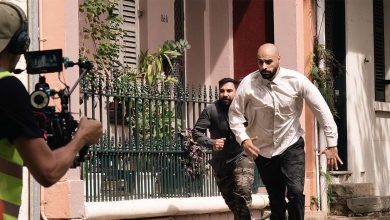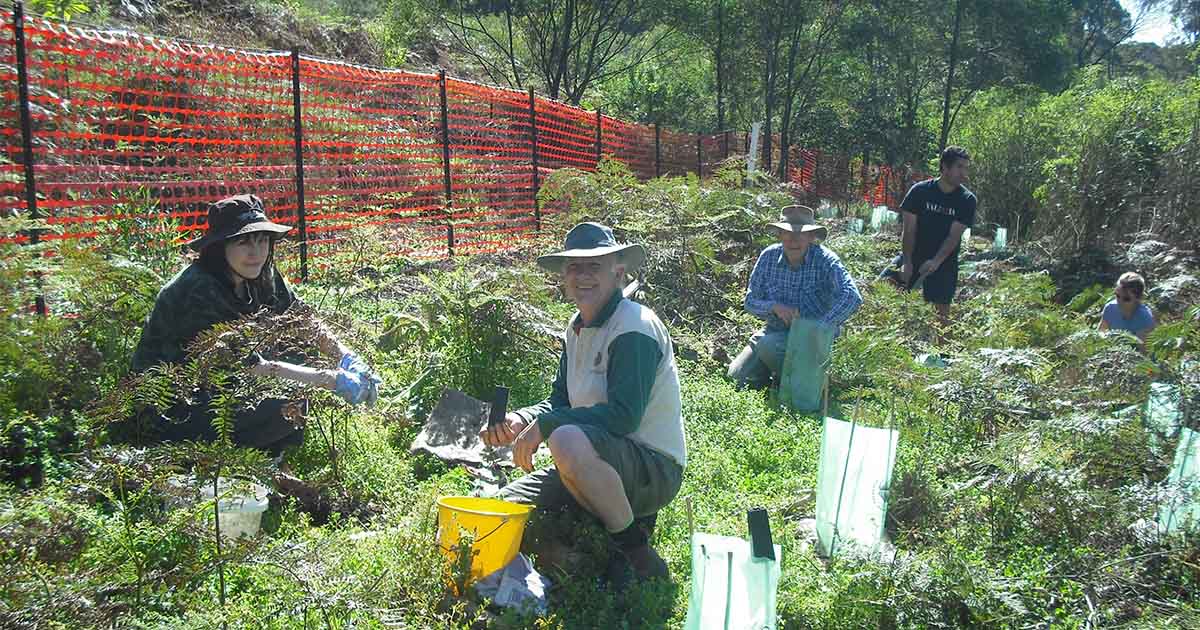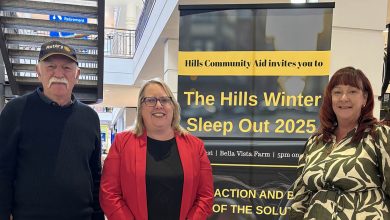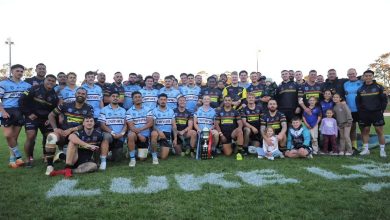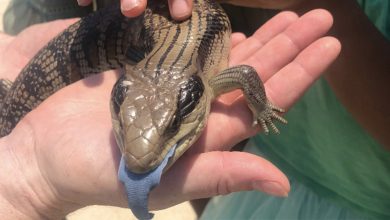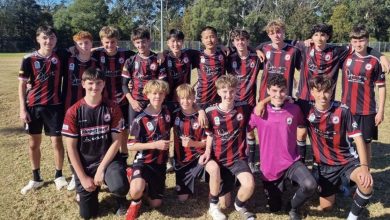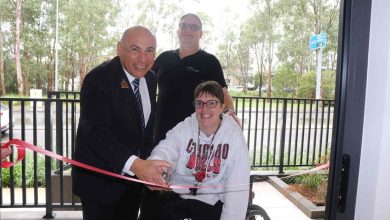Local Journalist Executed Over War Crimes
I have a habit of picking up information from various sources. Sometime in the past year, I came across a small leaflet published by The Rotary Club of Windsor. The leaflet was titled “100 PLUS HAWKESBURY FACTS” and it revealed to me that in 1895 to 1897, “The Windsor-Richmond Gazette” employed a young journalist aged in his mid 30s.
In 1899, the young writer enlisted with the Second Contingent of the South Australian Mounted Rifles in Adelaide and went on to become the most recognised member of the Australians who fought in the Boer War. The name, when enlisting, was given as Harry Harbord Morant.
He had actually been originally named Edwin Henry Murrant on the 9 December 1864 in Bridgwater, Somerset, England. Much of his early life is clouded in mystery but he arrived at Townsville, Queensland, in early April 1883. Using the name Edwin Henry Murrant, he married Daisy May O’Dwyer at Charters Towers, Queensland, in 1884.
He was 19 at the time, although he claimed to be 21 years. Thus, the marriage was, in fact, illegal at the time. Murrant’s wife soon left him; and, as Daisy Bates, anthropologist, she went on to achieve her own fame for her work among Aborigines.
After they separated, Murrant moved to Winton, Queensland before finding work droving cattle. His reputation as a horseman, drinker and womaniser grew, particularly after he began contributing poetry to the Bulletin under the name ‘the Breaker’.
Between 1895 and 1898 he moved south to Windsor and started work as a journalist at the Windsor-Richmond Gazette. This newspaper was later to become “The Hawkesbury Gazette”.
In 1899 when the Boer War began, Murrant was in Adelaide and enlisted under the name, Harry Harbord (Breaker) Morant (1864? -1902), horseman, balladist and soldier. Whilst in South Africa, fellow Australian Colonel, Joseph Gordon, recommended Morant as despatch rider to Bennet Burleigh, war correspondent, for the London Daily Telegraph.
The Mount Nelson Hotel in Cape Town, at which Morant had stayed during November 1900, sent a letter the following January alleging that he had claimed to be a war correspondent for the Daily Telegraph and the son of Admiral Sir George Morant and “had left without discharging his liability of 16 pounds and 13 shillings.”
The letter concluded “We shall esteem it a favour if you would let us know the course we had better adopt. We are averse to taking the matter to court till we had heard from you.” Sir George Morant later denied being Breaker’s father.
All the above may indicate that whilst Moran may have been untruthful and somewhat of a con artist during his lifetime, it is for the final stages of his life that he is most remembered. He was charged and found guilty of involvement in 20 murders in South Africa whilst serving with the Bushveldt Carbineers, a 320-man irregular mounted infantry regiment.
The murders included a revenge killing of a wounded prisoner of war, Floris Visser, for the death on the battlefield of Capt Percy Hunt, a friend of Morant.
It was later discovered that Hunt’s death was caused by a fall from his horse and not from a wound caused during battle. Other murders included four surrendered Afrikaneers and four Dutch schoolteachers who had been captured at a hospital at Valdezia. Also murdered was the Rev.
Carl Heese, who had witnessed these murders. The native African driver of Rev. Heese was also killed at the that time. There can be no doubt that the killings of innocent unarmed civilians such as a Church Missionary, schoolteahers, native driver and surrendered prisoners of war constitutes as war crimes.
The investigation into the alleged war crimes was prompted by a fellow Australian trooper disgusted by what had happened and reported the matter to superior officers. The investigating officer, who was asked to investigate the claims contained in the letter, was also Australian, thus bringing into doubt suggestions of a British cover-up, and that Australians were just victims of this coverup to protect influential people such as Lord Kitchener and others.
Another memory story by Ivor Jones : From Motor Cycles to Opera A Hard Act to Follow

